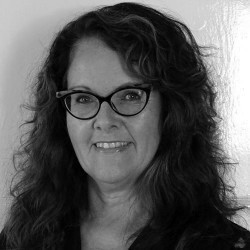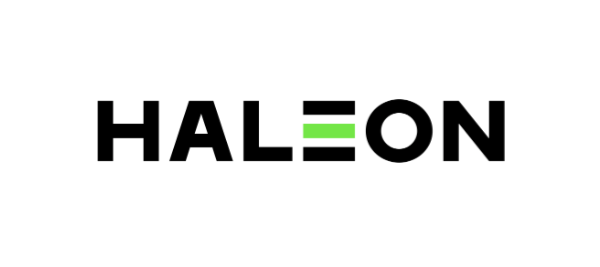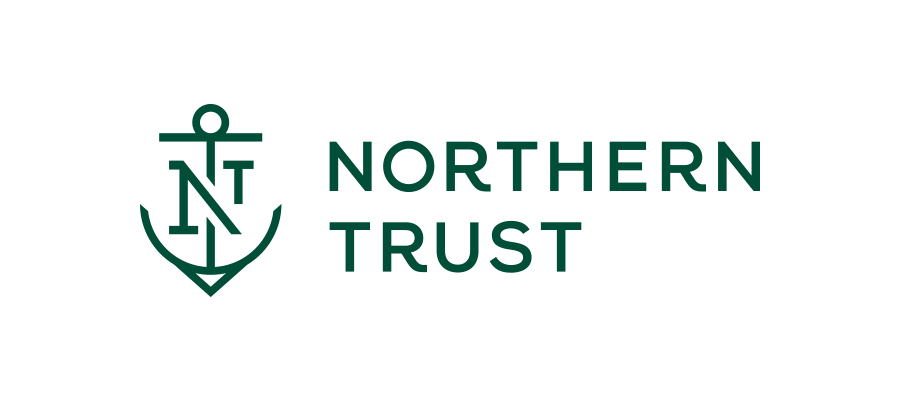I really wished I’d talked sooner

Recognising ‘signs’ of mental ill health is subjective. There may be no one clear ‘sign’.
I really wished I’d talked sooner
Although I had a very successful financial services career, my personal life was very different. So, when I began having ‘I don’t want to be here’ thoughts, I should have sought help immediately. I never considered these suicidal thoughts though, I was just ambivalent like the words from Robbie Williams’ song ‘Feel’ – ‘I don’t want to die but I’m not keen on living either’. Only five years later, after my thoughts turned to actions and my third failure at ending my own life, did I, secretly, see my GP. I was diagnosed with depression and placed on suicide watch. I was one of the many who had, and has, suicidal thoughts, often taking them further, yet has no mental ill health diagnosis. No-one at work knew.
Further diagnosis was I’d been suffering depression for years with periodic severe depressive episodes that I’d somehow managed. I’d always sensed I ‘wasn’t OK’, but how to explain that?! I didn’t know I was experiencing depression. I simply felt miserable, isolated, alone and a failure. There were signs – physiological, behavioural, emotional, physical – but I didn’t register any significance, plus was brought up “to get on with it”. Yet this time was different; a ‘perfect storm’, plus no family, friends and separately being diagnosed with a life-threatening illness. Who would/could help me? I had no-one to talk to. I’d tried but no-one was there. So, I’d turned to my GP.
Yet, professionally, I was a successful, high performer. I’d started in international banking straight from school. I enjoyed it. I thrived. My career progressed well, regularly promoted, moved into investment banking, gaining expertise and a respected reputation. So, like school, work was my escape, my antidote and when this happened, I continued working.
If I’d talked when these thoughts started, I’d have been diagnosed much earlier, got help and, with medication and counselling, made my incredible, transformative recovery sooner. I could have avoided my deterioration and suicide attempts too.
If I’d listened to my body’s messages, I might have acted earlier. I constantly felt on edge, ‘wired’, or numb. I suffered, amongst other things, headaches – one time I was tested for a brain tumour. Constant neck and shoulder tension caused side-effects including pinched nerves, numb fingers, migraines. Broken sleep from mind chattering. Optical migraines. A shocking revelation was my life-threatening illness was a kind of physical breakdown from my body coping collectively and unconsciously for many years just to function daily with this physical stress.
Yet, recognising ‘signs’ of mental ill health is subjective. There may be no one clear ‘sign’. What is/are they anyway? When is how much too much? When are they ill-health or injuries, or mental ill health indicators? Especially when, in my experience, they’re an individually unique set of complex inter-connected, rather than isolated, physical, behavioural, physiological, psychological indicators.
Raising your self-awareness is, therefore, a very useful step toward recognising your‘signs’; your physical, behavioural, physiological, psychological changes.
To do that, be honest with yourself. You may sense you’re ‘not your normal self’, experience changes or someone may even comment. Pause, stop, wonder and, over time, identify what’s going on for you. Then you’re better placed to recognise, pay attention and monitor your signs if/when they occur. They become your personal clues and cues! They’re telling you something – a clue that something’s amiss and a cue to do something. At very least take a positive step and ask yourself: what do I need, want, would like to have happen? Making some simple personal changes might even be enough.
Be honest with yourself too if/when you feel you need help. Extensive information is available online these days if you choose/prefer researching first. Support is also available today in many ways other than your GP. But do something. There really is no need to ‘go it alone’ and suffer in silence as I did. I didn’t think anyone was strong enough to handle what I had to say, but I was wrong. Know your organisational support too; its accessibility and availability. Remember whether you disclose, and how much, to your tutor or line manager is your choice. Yet, however tough, having a conversation with them helps, as they can then better support you at university/college or the workplace.
I worked throughout my unbelievable full recovery, with a supportive line manager accommodating my appointments. Then alongside my day job, I trained to become an integrative counsellor, then coach. My life gained new meaning, purpose, direction. My career blossomed, gaining a global reputation as ‘one of the best in the business and product’, and moved into leadership and performance management roles.
I really wished I’d talked sooner, but as they say, better late than never!







